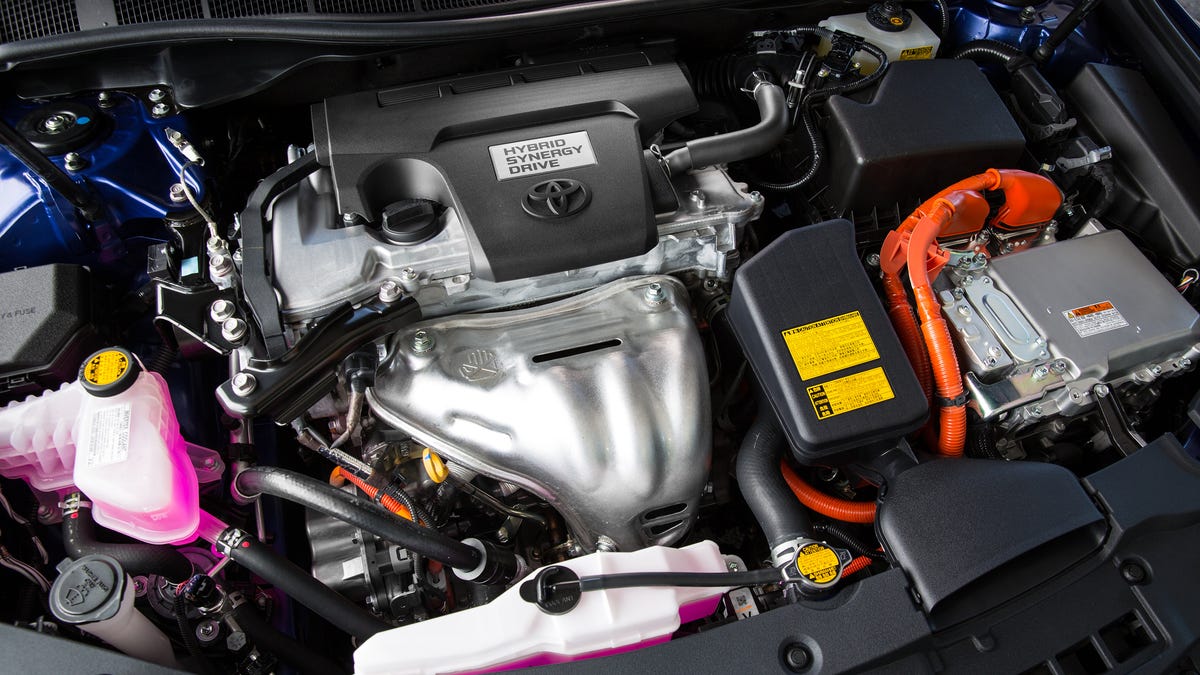Toyota wants to open up its powertrains, offer them to competitors
It might seem way too altruistic, but fear not, there's a solid business decision buried in there.

Toyota 's been a leader in developing fuel-efficient powertrains. As regulations continue to tighten, eventually every automaker will have a need for cars that sip fuel and don't emit many pollutants. Toyota sees the shift coming, and it's got dollar signs in its eyes.
Toyota might open up its powertrain development to a degree where it could start selling its fuel-efficient components to other automakers, Reuters reports. It could become a supplier of sorts, offering competitors things like engines or transmissions.
Toyota Prius: Perhaps coming to another automaker near you?
While that might seem altruistic to a fault, costing Toyota its competitive advantage, there is a legitimate business reason to do so -- money. Not only would it potentially make money on selling its components, it would save development costs if sales extended beyond just Toyota.
"Toyota's suppliers produce a lot of technology which can only be used by Toyota," said Toshiyuki Mizushima, president of Toyota's powertrain division, to Reuters and other reporters. "We want to change that to a system where we develop technology with our suppliers at an earlier stage...so they can make that technology available to non-Toyota customers."
As Reuters notes, sharing components on a wide scale is not necessarily new. Toyota jointly developed the Toyota 86 (née Scion FR-S) and Subaru BRZ with Fuji Heavy Industries, and it is reportedly developing a new Supra that will also become a BMW sports coupe. Infiniti 's new QX30 crossover is basically a Mercedes-Benz GLA-Class with a different wrapper.
If you've been living under a rock, you might have missed the fact that cars are becoming increasingly complicated. Between the consumer tech that buyers crave and all the effort required to build components like hybrid systems, building a car is no small financial feat. Being able to limit those costs without cutting corners on the car itself could help automakers in a big way.

